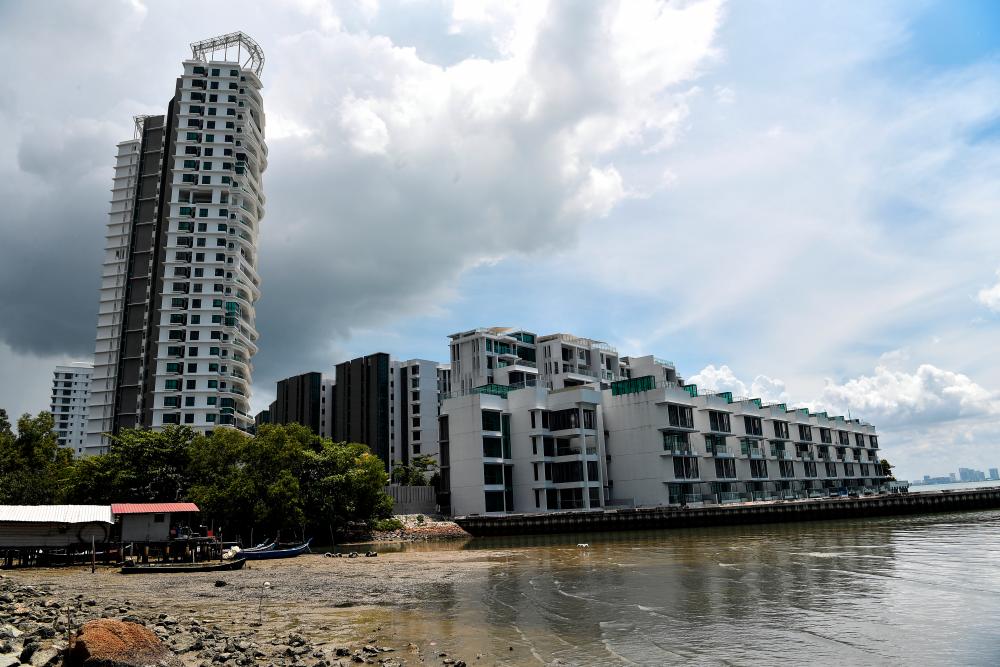KUALA LUMPUR: Malaysia’s Budget 2025 focus on efficiency and investment, coupled with tax relief for first-time house buyers, is likely to increase home purchases, said the international real estate technology group, Juwai IQI.
Its co-founder and group chief executive officer Kashif Ansari noted that Budget 2025 aims to obtain as many economic and social benefits as possible from every ringgit spent. To that end, the government has invested considerable effort in fighting corruption and channelling subsidies and incentives to those who need it most.
“By focusing benefits on poorer and middle-class households, who tend to spend a larger portion of their income on basic goods and services compared to the wealthy, this budget will stimulate economic activity and internal demand.
“The budget allocates RM34.45 billion to lower- and middle-income groups, which will reduce cost-of-living pressures, stimulate the economy, job growth and drive an increase in home purchases,” he said in a statement today.
Kashif reckons that Budget 2025’s first-time homeowner tax relief for first-time home buyers could stimulate demand in the property sector and new construction in popular first-time buyer markets.
He noted that first-time homeowners will receive relief of up to RM7,000 of loan interest payments, with the greatest relief targeted at buyers of homes valued at up to RM500,000. “Because this relief will only be available to those who purchase after Jan 1, 2025, it will help first-time buyers enter the market and stimulate demand and new construction in popular first-time buyer markets,” he said.
Kashif reckons Budget 2025 is powerful enough to attract large scale investments into the Johor-Singapore Special Economic Zone (JS-SEZ), and Johor has a golden opportunity for the development of new homes as well as industrial and commercial properties to serve a growing and increasingly high-income population. He said development opportunities could be concentrated in areas like Forest City, Tuas Link, and around the new high-speed rail (HSR) stations.
In 2025, the group expects two themes to dominate the residential market. “First, mixed-use developments and integrated townships will predominate. These large-scale developments combine residential, commercial, retail, and recreational spaces,” he said, noting that residents of these communities will have easy access to transportation, shopping, restaurants, and parks — and can easily reach schools and workplaces.
The second major residential real estate theme of 2025 will be affordable housing, as the government is making a concerted effort to increase and improve the supply of affordable housing.
“Everyone should have access to decent and affordable housing. The government’s focus on affordable housing should lead to more construction of social housing and homes priced below RM300,000,” he said.
He reckons that Malaysia’s economy is set for a strong 2025, with key sectors like manufacturing, technology exports, construction, and services driving growth.
Thus, residential real estate will benefit, with integrated townships and the increase in affordable housing as the two key themes of the year. “Stable interest rates and broad-based growth have positioned Malaysia for steady progress in 2025,” he said.









